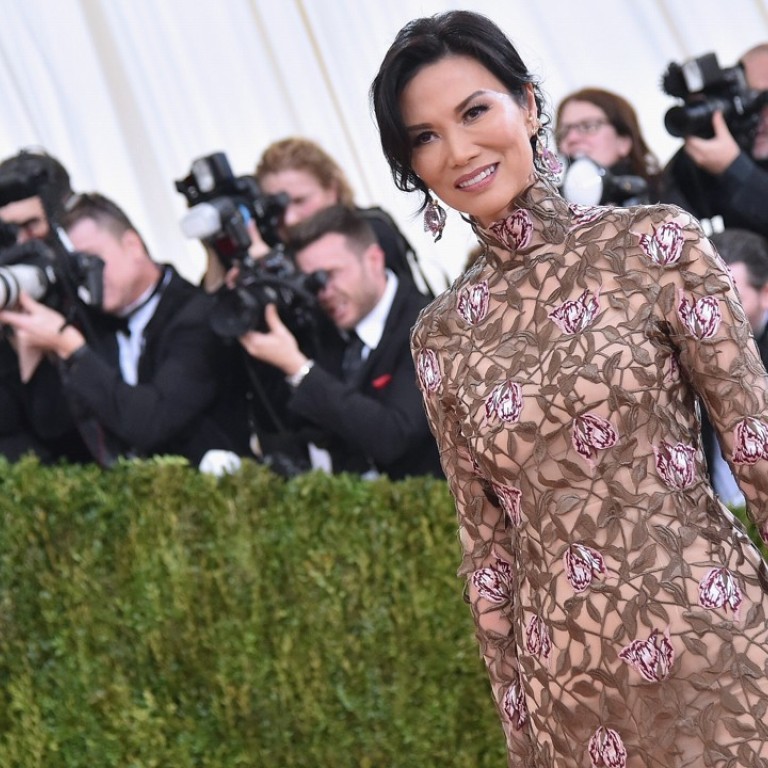
Claims that Wendi Deng Murdoch was a spy fuel debate in China as state-run media responds
Nationalist tabloid puts allegations down to ‘American paranoia’ but social media users aren’t convinced
A report that US intelligence officials warned Jared Kushner, President Donald Trump’s son-in-law, that Wendi Deng Murdoch could be trying to use their friendship to further Chinese government interests has stirred debate in China over whether or not she was a spy.
The Wall Street Journal, which is blocked in mainland China, reported the allegation on Monday. US officials were also worried the Chinese-American businesswoman and ex-wife of media mogul Rupert Murdoch was lobbying for a US$100 million Chinese-funded garden project in Washington near the White House, the report said, citing sources familiar with the matter.
State-run nationalist tabloid Global Times was one of the most prominent defenders of Deng Murdoch, dismissing the allegations as “American paranoia” on its official Weibo account, China’s version of Twitter, on Wednesday.
But not everyone is convinced with that narrative. One Weibo user, Wang Zhan, pointed out that Michael Wolff – author of bestseller Fire and Fury: Inside the Trump White House and biographer of Rupert Murdoch – tweeted that Murdoch had repeatedly claimed since their divorce that Deng Murdoch was a Chinese spy and had been throughout their marriage.
Wang questioned how it was that Global Times and its editor-in-chief Hu Xijin had access to classified information on who was involved in Chinese espionage activities.
“Who are you? Who would tell you these secrets?” the post read.
To others, the whole debate was a joke.
“What a surprise that Wendi Deng Murdoch is actually a national hero,” one Weibo user wrote, with more than a hint of sarcasm.
James Zimmerman, managing partner of law firm Sheppard Mullin Richter & Hampton in Beijing and former chairman of the American Chamber of Commerce in China, said espionage was part of the US-China relationship and anyone, including those in the White House, was a target of the Chinese government.
“There is clearly a trust deficit between the two countries and it’s going to get worse before it gets better given the antagonistic tone of the current occupants of the White House and the paranoia of the Beijing leadership,” he said. “The stand-off leads both sides to view the other as a hostile government that requires proactive surveillance to discover what the other is up to.”

Yuan Zheng, a US affairs expert with the Chinese Academy of Social Sciences, said the US could be overreacting to a China that is growing in confidence on the world stage, but noted that Beijing should be more cautious when it comes to soft power.
“The absence of strategic trust between the US and China is a long-standing issue. As the US becomes less confident, their scepticism and accusations against China have become more frequent,” Yuan said. “All China can do is ... become as open and transparent as possible and reduce official intervention to avoid criticism.”
He gave the example of the government-funded Confucius Institutes. China has opened 500 of them worldwide and they offer language and cultural classes but have been criticised for teaching a one-sided view of history that is approved by Beijing.
Yuan said the Chinese government should let non-profit groups and other independent agencies play a bigger role in promoting and managing Confucius Institutes.
“There have been concerns over Trump’s connections with foreign countries, so it is nothing unique about China,” he said.
Deng Murdoch could not be reached for comment.
Additional reporting by Liu Zhen

